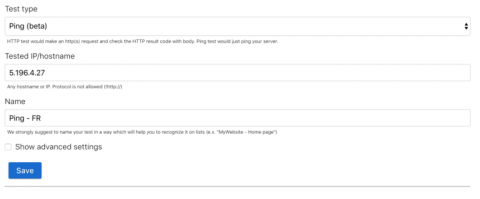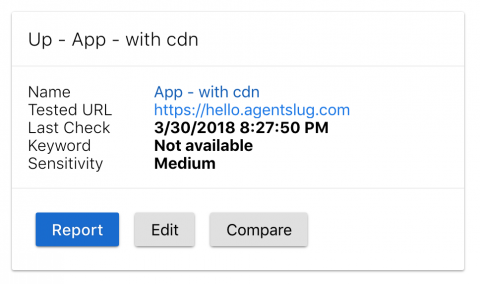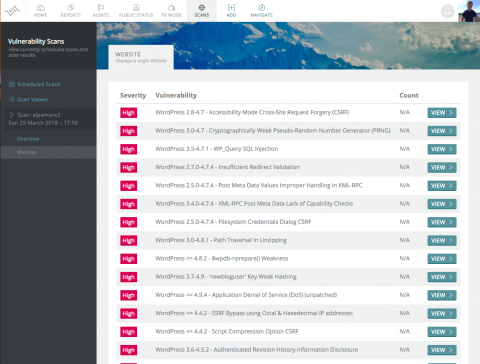How to Collaborate Effectively with External Service Providers
Imagine the following scenario: A critical incident hits. You have a few different teams on it throughout the company. Managers and other stakeholders need to be updated every thirty minutes. But the biggest issue is that you need to engage with external service providers. You need your communication provider and hosting service to check on their side and report back. You want a consultant in the picture and an external help desk service might be involved as well.










